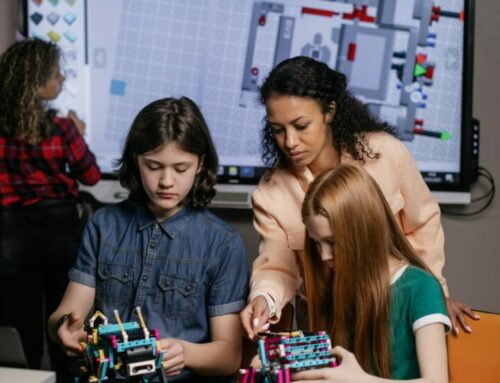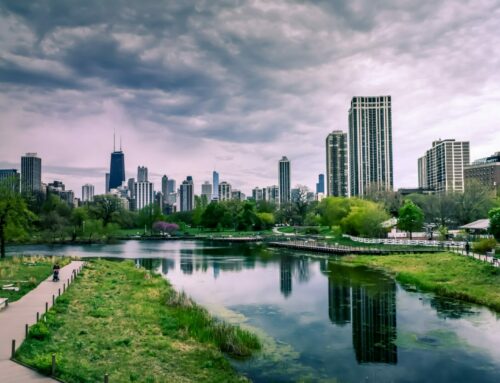Higher education needs to build global learning communities
Patrick Blessinger and Olga Kovbasyuk
International HETL Association
Globalisation in the 21st century continues to bring about many new political, economic, social, and technological developments. Today’s students therefore tend to be more digitally savvy, mobile and transitory, socially connected, and more democratic in their worldview. This new reality has placed greater demands on educators in all countries to create more contemporary learning environments that reflect the pluralistic nature of life on our planet. To that end, we believe that virtual global learning communities have the potential to create more authentic and experiential learning spaces for students.
Global learning is the cultivation of multiple, diverse, and global perspectives. It allows one to develop the intercultural competencies necessary to become a global citizen who can understand issues from multiple perspectives and gain a deeper appreciation of and tolerance for diversity of all types (cultural, linguistic, religious, political, for example). The International Higher Education Teaching and Learning Association believes the global citizen is better equipped to more effectively function in an increasingly complex and interdependent world.
If one of the goals of colleges and universities is to produce the next generation of global leaders, then developing intercultural competencies in students should be a high priority.
For example, as part of a three year intercultural communications project that began in January 2009, Olga Kovbasyuk from the Khabarovsk State Academy of Economics and Law (KSAEL) in Russia, Anders Eriksson, et al from the Orebro University in Sweden, and Alyssa O’Brien, et al from Stanford University in the US created a shared virtual learning space wherein their students regularly collaborated with each other as part of their course activities. One aim of the collaboration was to develop students as contemporary global citizens by cultivating their intercultural communication skills through shared dialogue across cultures and geopolitical boundaries.
Blogs, wikis, email, and audio-video conferencing technologies were used that allowed students to share their different political and cultural experiences, traditions, and perspectives. Using these technologies, the Russian, Swedish, and American students shared their points of view on topics that ranged from global environmental issues to international security policies to rhetorical skills in communicating across media.
The research findings of this three-year project concluded that these students cultivated greater inter-cultural sensitivity and developed more appropriate modes of dialogue across cultures. The participants’ attitude towards the project was also very positive.
Working on shared projects can enrich students’ experiences and open them to more critical ways of thinking and more creative forms of problem-solving.
However, some may not see the deeper value in this type of collaborative learning but experience shows that such teaching-learning methods have the potential to create more personally meaningful learning spaces for students and more professionally enriching work environments for teachers.
Conflicts and xenophobia that exist in the world suggest the inability of some people to construct effective interactions. Another challenge in building virtual global learning communities lies in how well we can contribute to dealing with the complexities and conflicts arising from the growing interconnectedness and interdependence between cultures. However, within virtual global communities, students and educators can learn to become more socially minded and ethically responsible global citizens which, in turn, can help improve relationships in the broader world community.
Note: this article also appears in the Guardian Higher Education Network blog at http://www.guardian.co.uk/higher-education-network/blog/2012/may/23/global-virtual-learning-environments
Suggested Citation:
Blessinger, P., & Kovbasyuk, O. (2012). Higher education needs to build global learning communities. Higher Education Tomorrow, Volume 1, Article 2, https://www.patrickblessinger.com/higher-education-needs-to-build-global-learning-communities/
Or
Blessinger, P., & Kovbasyuk, O. (2012). Higher education needs to build global learning communities. Guardian Higher Education Network, http://www.guardian.co.uk/higher-education-network/blog/2012/may/23/global-virtual-learning-environments
Copyright © [2012] Patrick Blessinger & Olga Kovbasyuk
Disclaimer
Opinions expressed in this article are those of the author, and as such do not necessarily represent the position(s) of other professionals or any institution.



